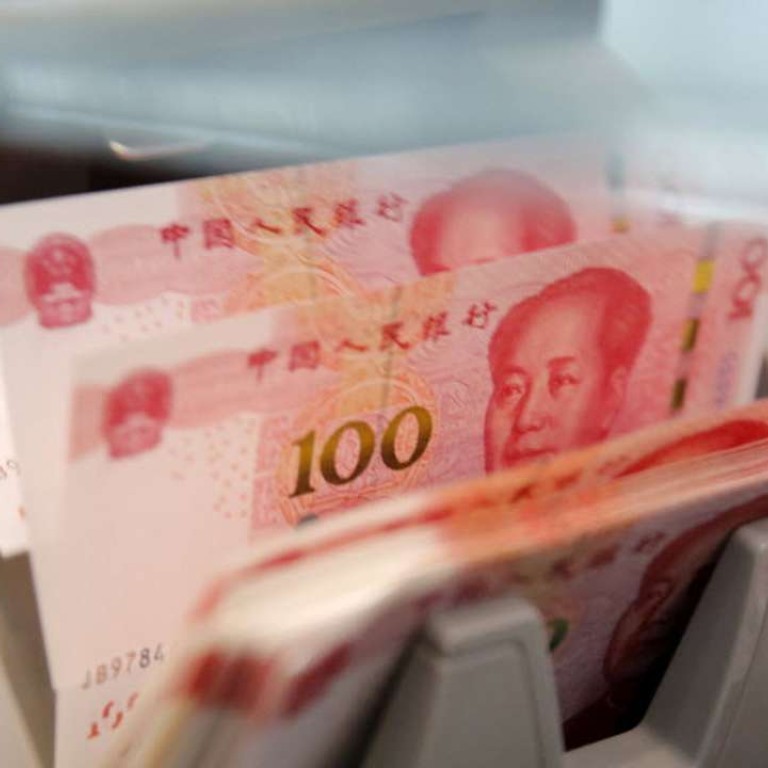
Forget capital outflow and let the yuan drop to its natural level
The spectre of funny money looms once more on mainland China. But let’s set some things straight.
China’s central bank will limit the amount of yuan that mainland companies can remit outside the country, imposing a cap for the first time in more than two decades to stem money outflows amid the currency’s 7 per cent decline this year.
SCMP, December 2
On my first trip across the border in 1979, China had a dual currency system. There was yuan, which no foreigner could officially buy. There were also foreign exchange certificates (FEC), officially valued at one yuan each. Foreigners could use these at Friendship Stores that scorned yuan.
On a whim I offered a street peddler 50 FEC for some trinket she priced at two yuan.
Did her eyes light up? Did they just. A nanosecond later I was holding 48 yuan of worn-out greasy grey paper in change and the 50 FEC had vanished to be replaced by a great grin across her face. Winner! Her street stall neighbours, who had seen it all, grimaced in envy.
Beijing had not told its own people about FEC, but the whole street in Guangzhou knew and there was instant recognition of my 50 FEC.
And there you have the definition of funny money. The more restrictions you impose on your people to stop them from exchanging your country’s currency for another, the funnier your currency becomes and the more that your people want out.
Beijing obviously does not like to see the yuan considered funny money and has gone to great lengths to erase this stain, gradually easing restrictions in recent years on cross-border investment flows. The crowning achievement was the recent inclusion of the yuan in the International Monetary Fund’s basket of Special Drawing Rights.
And now things are going the other way again. The restrictions are being tightened as more people want out and the yuan’s exchange rate has slid. The spectre of funny money looms once more.
But let’s set some things straight.
There is actually no outflow of yuan. If anything there is an inflow. Yuan deposits in Hong Kong, for instance, have plummeted by more than 300 billion yuan over the last year, all of it money gone back across the border. Mainland bank demand deposits in yuan are growing at almost 30 per cent year over year.
Foreigners also do not want to hold yuan. Why should they? There is nothing they can buy with it in their own countries and the only reason they ever held any is that they were speculating on a strong yuan. Now it’s weak. Even mainland exporters would rather be paid in US dollars just now, not yuan.
It’s counter-intuitive, but it’s fact. Ask any economist. In the balance of payments there is actually no such thing as cross-border capital flow. There is only the preference of holding one currency over another and this is what moves the exchange rate. I know it sounds all wrong. But it’s true.
When we talk of mainland capital flight, what we actually mean is exporters keeping the foreign currency proceeds of their exports abroad rather than using the money to buy import goods. We also mean the central bank running down its foreign currency reserves in exchange for local currency.
Add those two together and you get a balance of payments negative position running at about US$700 billion a year at present, which is an enormous figure.
This is what is pushing the yuan down.
The simple fact is that, increasingly, more people are worried about the sustainability of the mainland economy’s growth and they want out. The more they are restrained from moving out, the more desperate they become and the funnier the money becomes.
There is an easy way to stop it. Let the yuan drop to its natural level. This may be way down, but magic will result. The economy will bounce back. Every test of this remedy says so.

